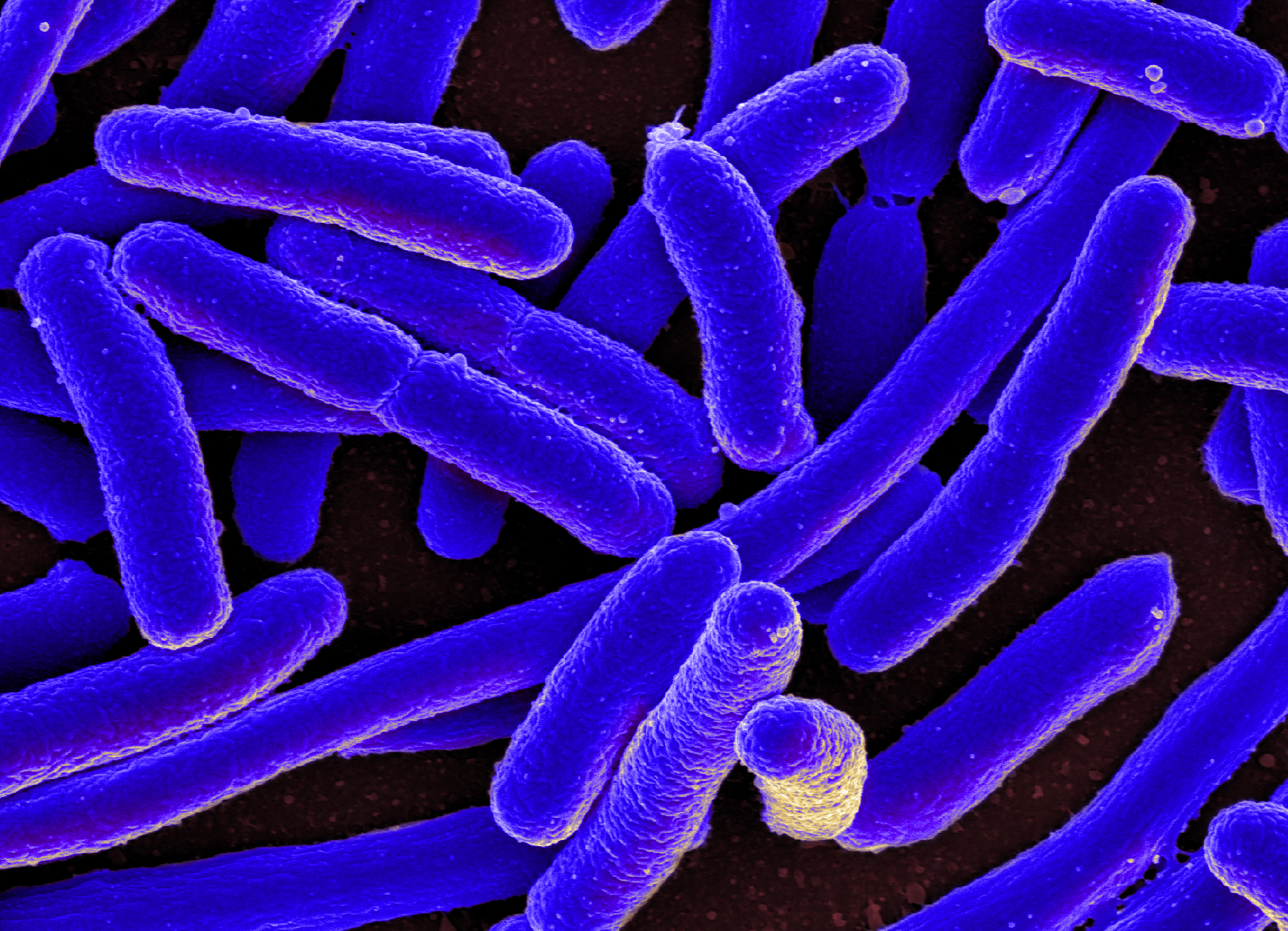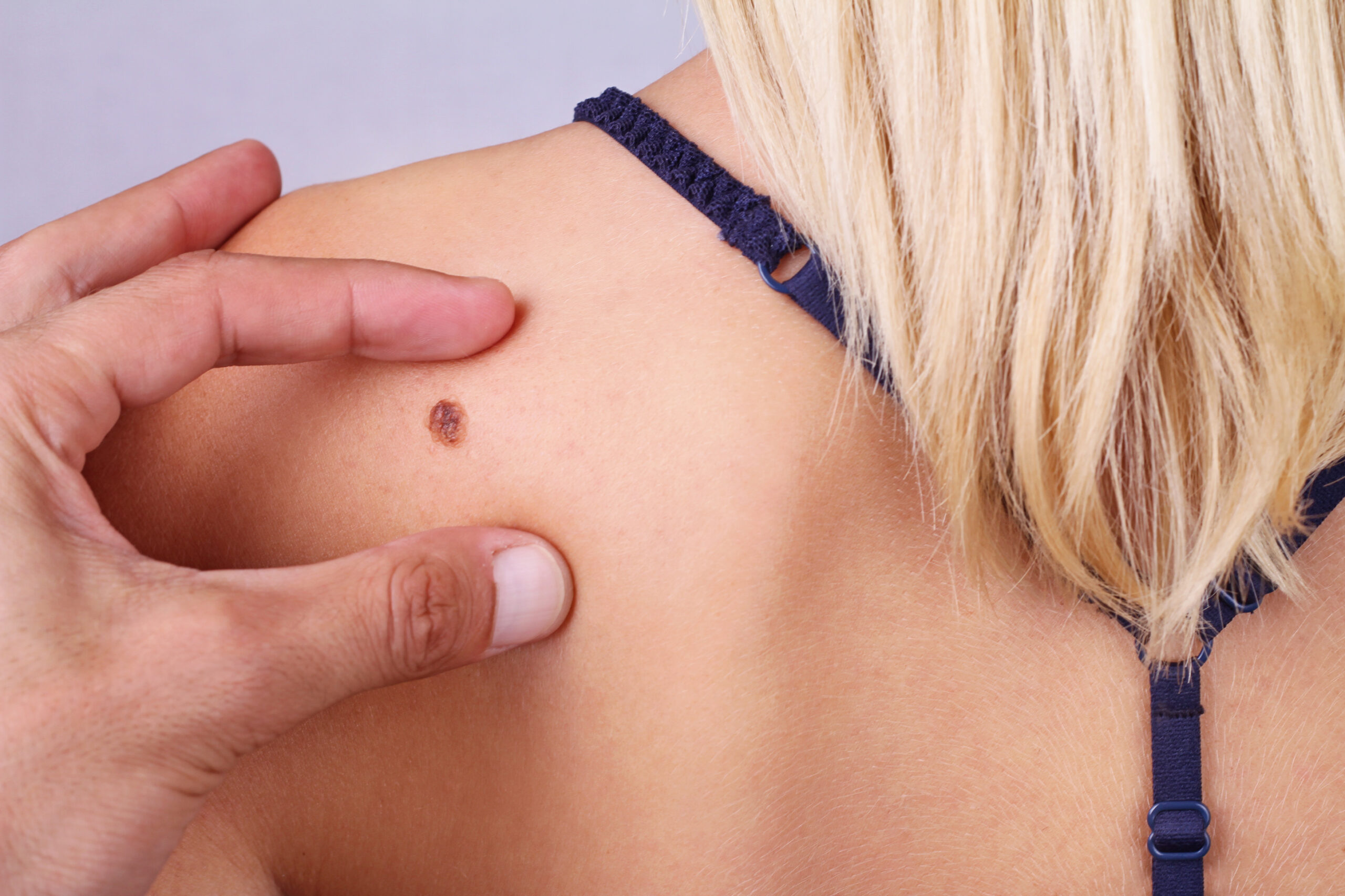Human skin serves many functions beyond acting as a barrier to the outside world: it helps regulate body temperature, absorbs nutrients and even serves as a home to a diverse array of microbes. The skin microbiome is thought to play important roles in protection and immunity, but scientists have yet to fully comprehend how these bacteria influence human health.
At the start of March this year, cosmetics giant L’Oréal and microbial genomics company uBiome, teamed up to tackle this research problem.
Vice President of L’Oréal’s Technology Incubator, Guive Balooch, said this partnership will help both companies extend their research in this space. Jessica Richman, co-founder and CEO of uBiome echoed this sentiment.
“L’Oréal is an ideal partner for uBiome as it has had a strong focus in scientific innovation in this space for years,” she said. “Their expertise, combined with uBiome’s advanced understanding of the skin microbiome will allow us to pave the way for the future of personalized skin care.”
It is generally accepted that each person’s skin microbiome is unique, and microbial imbalance can lead to the development of acne, atopic dermatitis and psoriasis. With a deeper understanding of the skin microbiome, cosmetic companies like L’Oréal can design unique skincare treatments that might prevent or reverse these conditions.
For instance, a skin cream loaded with antimicrobial-producing bacteria might improve atopic dermatitis or eczema, according to a 2017 study by University of California San Diego researchers. The antimicrobials were actually produced by bacteria native to healthy human skin and were effective against harmful bacteria found on the skin of people with atopic dermatitis.
RELATED: Antimicrobials Present on Healthy Skin Could Treat Atopic Dermatitis
L’Oréal’s R&D efforts have spawned popular anti-aging and sunscreen products from their La Roche-Posay brand. In November 2018, they launched a battery-free, wearable sensor capable of measuring exposure to ultraviolet rays, pollution, pollen and more. The device, called My Skin Track UV, intends to help consumers make informed decisions about their skincare.
Other companies like LifeNome investigate “skin characteristics” using genetic sequencing and artificial intelligence, reminiscent of do-it-yourself ancestry tests like 23andMe.
uBiome also leverages machine learning, artificial intelligence and advanced sequencing techniques to assess DNA. They have previously partnered with academic institutions and research organizations – the most recent collaboration with doc.ai to study Crohn’s disease and ulcerative colitis. With DNA test kits for gastrointestinal and women’s health products already on the market, it seems like the natural next step is to investigate the microbiome that inhabits the largest organ of the body.
With this new partnership, consumers can expect a suite of new products from L’Oréal tailored specifically to their skin’s microbiome.












Join or login to leave a comment
JOIN LOGIN